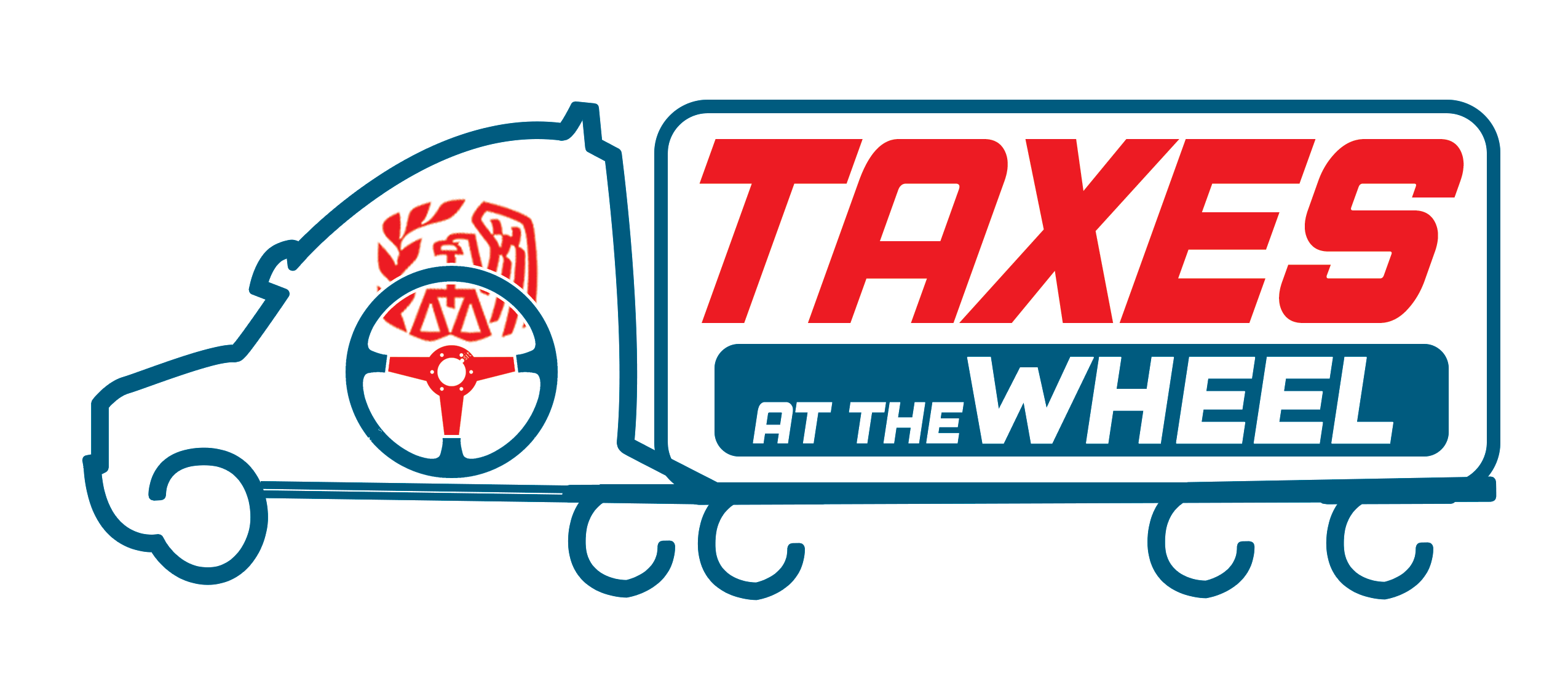 |
|
 |
Get our FREE |


1. Familiarize Yourself with Child-Related Tax Benefits
As a new parent, you should be aware of several tax benefits that can help you optimize your tax return and save a substantial amount of money:
Child Tax Credit (CTC) and Additional Child Tax Credit (ACTC): The Child Tax Credit and Additional Child Tax Credit can be worth up to $2,000 per child aged 16 or younger (the $500 Credit for Other Dependents applies to those aged 17 and older).
Qualified taxpayers with dependent children must meet eligibility criteria, including age, residency, and relationship requirements. Although there are income thresholds and phase-out limits for these tax benefits, most Americans can use these credits to reduce or eliminate their tax liability.
Earned Income Tax Credit (EITC) for Parents: This refundable tax credit for working parents reduces the amount of taxes owed and results in a refund if the credit exceeds your tax obligation. To qualify for the EITC, you must have earned income through employment or self-employment and meet certain income criteria based on your filing status and the number of qualifying children.
Child and Dependent Care Tax Credit: If you pay for childcare or dependent care to work or look for work, you may be eligible for this tax credit. The credit is available for the first $3,000 of childcare expenses per child, and the amount of the credit varies based on your income, ranging from 35% for low-income taxpayers to a maximum of 20% of childcare expenses. To claim this credit, you must have sufficient documentation as described on the IRS website.
Education-Related Tax Benefits: The U.S. tax code provides education-related tax benefits for qualifying taxpayers. Deductions are available for qualified expenses related to tuition and education, such as books and school supplies, and tax-deferred educational accounts like 529 Plans, which are valuable for tax planning purposes.
2. Have the Proper Documentation
To fully benefit from being a parent, especially having a Social Security Number (SSN) is crucial. When claiming a dependent on your tax return, such as your baby, it is essential to include their Social Security Number (SSN). If your baby does not yet have an SSN, apply for one by submitting Form SS-5, Application for a Social Security Card, to the Social Security Administration (SSA).
For parents in the process of adopting a child without an SSN, you can apply for an Adoption Taxpayer Identification Number (ATIN) using Form W-7A with the IRS. The ATIN serves as a temporary identification number until the adoption is finalized.
3. Update Your Financial Information with Your Accountant if There Are Changes
In cases of birth, adoption, divorce, or even the death of any family member, it is important to inform your tax professional about these changes well before tax filing season, if possible.
Many parents miss out on their respective tax credits simply because they did not inform their tax professional about changes in their personal lives. If you have any questions on this topic, do not hesitate to call us at 909-590-9307.
For years, federal Hours of Service (HOS) regulations have been viewed as a key tool for reducing commercial truck crash...
read more...Although low libido is often associated with age or medical issues, it is increasingly affecting young truck drivers&mda...
read more...The political conflict between U.S. Transportation Secretary Sean Duffy and California Governor Gavin Newsom escalated o...
read more...California’s push for its controversial “clean truck” regulations has just taken a devastating blow. A...
read more...

